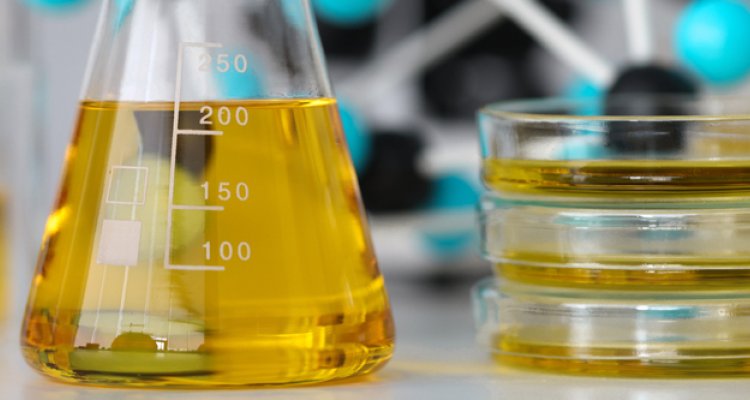
PhD defence
Engineering Oleaginous Yeasts for a Bio-Based Future
Summary
The increasing demand for palm oil has drastic effects on the ecosystem as its production is not sustainable. To that end, developing a sustainable alternative to fatty acids and oils is urgent and of utmost interest. Replacing palm oil with oils produced by oleaginous yeasts is a promising alternative as these yeasts offer several advantages, including no occupation of arable land, no production-scale restrictions, and a shorter life cycle. Furthermore, yeast oil has a comparable fatty acid composition to that of palm. However, further optimization of yeast lipid production processes is needed to make them economically viable for industrial implementation. In this thesis, I tackled the challenges in improving the lipid yields of Cutaneotrichosporon oleaginosus and Yarrowia lipolytica. In that regard, I investigated the metabolic bottlenecks, environmental factors, process conditions, and the interplay between genetic and environmental factors by deploying the Design-Build-Test-Learn (DBTL) cycles to lipid production in oleaginous yeast.